The team that developed mouse embryos in space included researchers from the University of Yamanashi, the Japan Aerospace Exploration Agency (JAXA) and the government-backed research institute Riken. The results were published online on October 28 in the US science journal iScience .
The research comes amid growing concerns about the effects of gravity on fertility as humans venture into space.
“There is a possibility that astronauts will become pregnant during future trips to Mars, as it will take more than six months to travel there. We are conducting research to ensure that humans can have children safely when that time comes,” said Teruhiko Wakayama of Yamanashi University, who led the research.
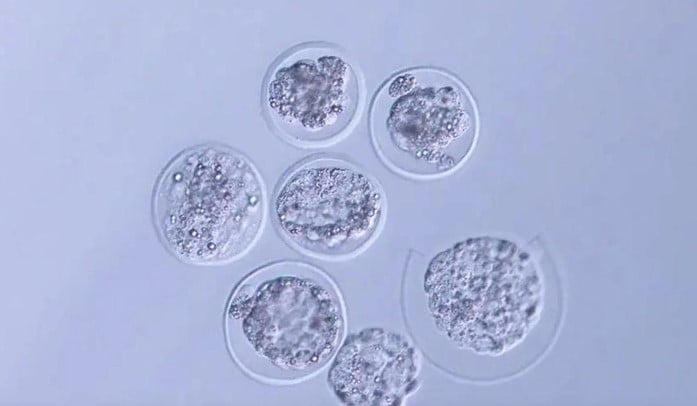
Microscopic image of a mouse embryo after being brought back from the ISS. Photo: Yamanashi University
Wakayama and his colleagues took the first steps in their lab on Earth. The team took 720 two-cell mouse embryos from pregnant mice and froze them. The frozen embryos were sent to the ISS on a SpaceX rocket launched from Florida in August 2021.
Astronauts on the ISS thawed early-stage embryos using a special device designed by Wakayama's team and grew them on the station for four days. The embryos cultured in microgravity developed normally into cells.
In a study published in the scientific journal iScience , scientists emphasized that the experiment clearly demonstrated that gravity does not significantly affect embryo development.
According to the researchers, there were no significant changes in the DNA and genetic status of the blastocysts after they were returned to a laboratory on Earth for analysis.
This is "the first study showing that mammals can thrive in space," Yamanashi University and the national research institute Riken said in a joint statement on October 28.
This is “ the world's first experiment to culture early-stage mammalian embryos in the full microgravity environment of the ISS,” the release noted.
"In the future, it will be necessary to implant blastocyst embryos cultured in the ISS microgravity environment into mice to see if the mice can give birth," the scientists emphasized.
This research has important implications for future space exploration missions. Under the Artemis program, NASA plans to send humans back to the Moon to learn how to live there long-term in preparation for a trip to Mars around the late 2030s.
Minh Hoa (reported by Lao Dong and Tuoi Tre)
Source





![[Photo] Solemn opening of the 8th Congress of the Central Public Security Party Committee, term 2025-2030](https://vphoto.vietnam.vn/thumb/1200x675/vietnam/resource/IMAGE/2025/10/4/f3b00fb779f44979809441a4dac5c7df)
![[Photo] Bustling Mid-Autumn Festival at the Museum of Ethnology](https://vphoto.vietnam.vn/thumb/1200x675/vietnam/resource/IMAGE/2025/10/4/da8d5927734d4ca58e3eced14bc435a3)



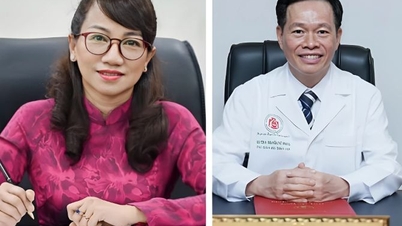



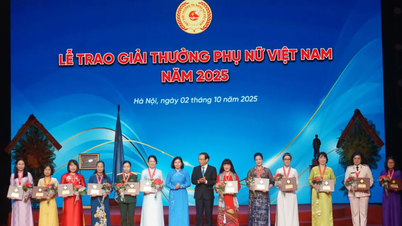

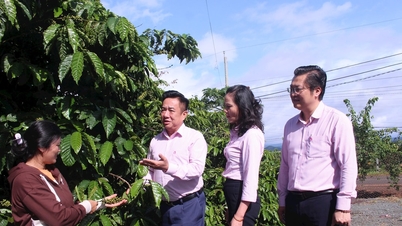

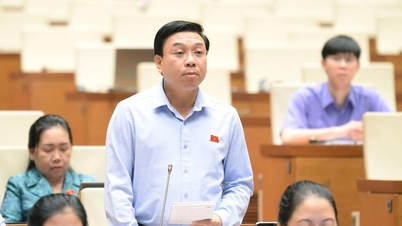

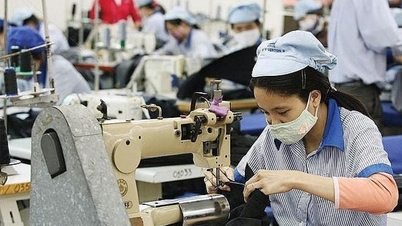

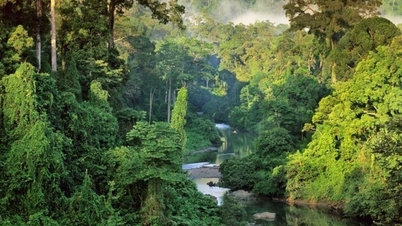
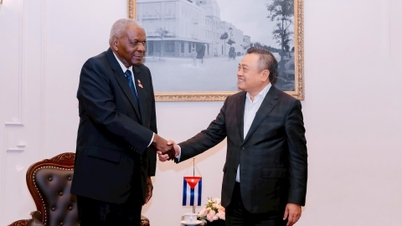
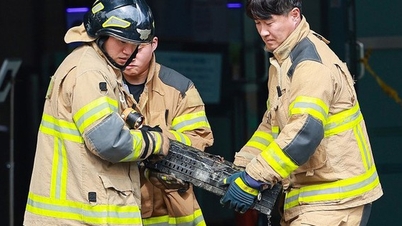

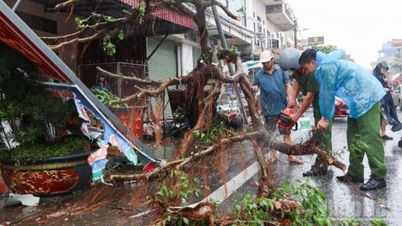
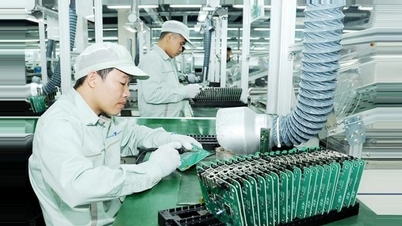










![[Photo] General Secretary To Lam attends the 8th Congress of the Central Public Security Party Committee](https://vphoto.vietnam.vn/thumb/1200x675/vietnam/resource/IMAGE/2025/10/4/79fadf490f674dc483794f2d955f6045)

























![[VIDEO] Summary of Petrovietnam's 50th Anniversary Ceremony](https://vphoto.vietnam.vn/thumb/402x226/vietnam/resource/IMAGE/2025/10/4/abe133bdb8114793a16d4fe3e5bd0f12)

![[VIDEO] GENERAL SECRETARY TO LAM AWARDS PETROVIETNAM 8 GOLDEN WORDS: "PIONEER - EXCELLENT - SUSTAINABLE - GLOBAL"](https://vphoto.vietnam.vn/thumb/402x226/vietnam/resource/IMAGE/2025/7/23/c2fdb48863e846cfa9fb8e6ea9cf44e7)
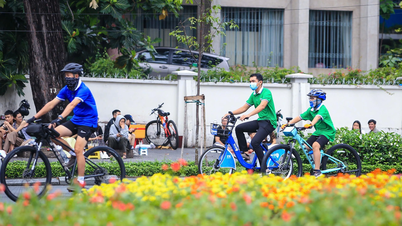


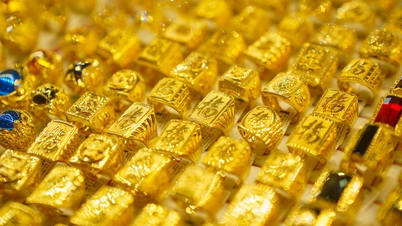


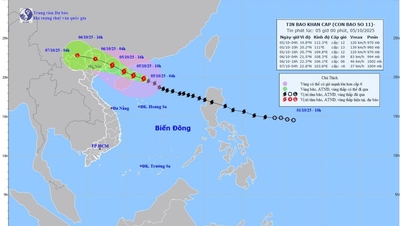

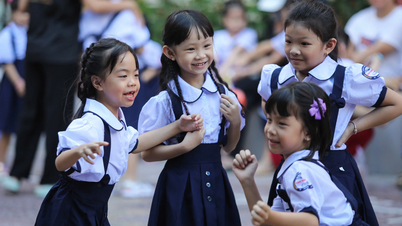







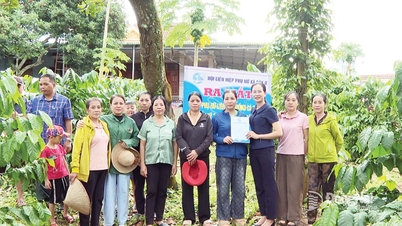

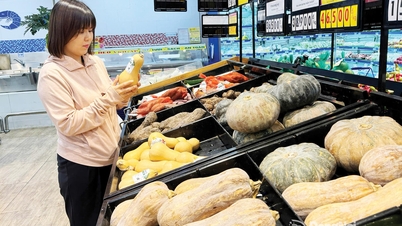
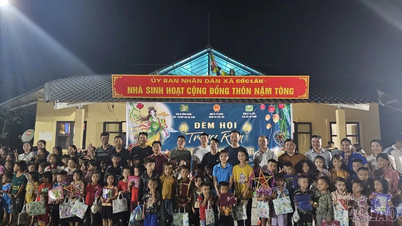

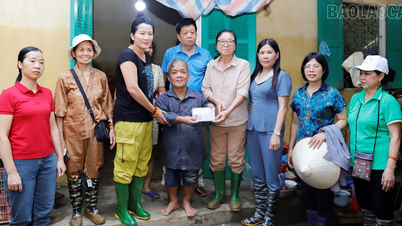
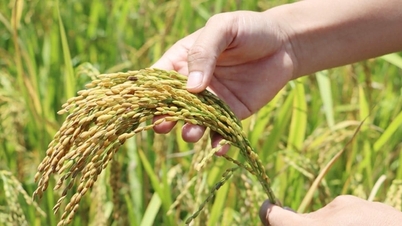

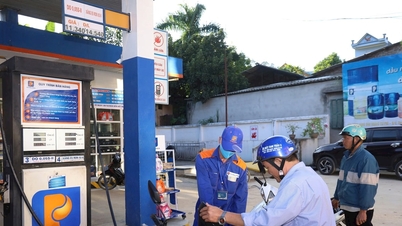










Comment (0)